When is the best time of day to eat carbs?
Diet trends that reduce carbohydrate consumption—such as Keto, Paleo and Caveman etc —have made us extra cautious of carbohydrate intake; and equally it is often portrayed in the fitness media that in order to become shredded we need to go on a low carb diet!
This is simply not the case.
Carbohydrates are our primary energy source and a vital part of any training programme. It is important that the majority of our carbohydrates should come from whole foods that haven’t undergone any processing, including grains, starchy vegetables, legumes, and whole fruit. We should be limiting (but do not have to eliminate altogether) processed forms of carbs, which have been stripped of all fibre and nutrients, i.e. reducing white bread, pasta, rice, and sugary cereals.
Equally over the years, it has often been promoted that we should focus more on when we consume carbs.
We have heard the expressions: –
Don’t eat carbs after 7 or to lose weight you need to do a Carb Curfew
But where has the evidence come from; and why is it that so often carbs are given such a bashing to make us so fearful of eating them?
We often see images of a banana or other carbohydrate rich food on Instagram with the heading
6.50 pm 90 calories
7.10 pm 90 calories
That is the carbohydrate food does not suddenly triple in calories just because the clock turns 7 pm!
Years ago, a certain study on shift work showed the workers tended to put on weight at night, even though they consumed the same number of calories as when they worked during the day. It was concluded that people’s metabolism slowed down at night, and therefore people should consume more of their calorie intake earlier in the day and hence the following was often promoted …
Breakfast like a King
Lunch like a Queen
Supper like a Pauper
But what wasn’t readily detailed was how active the workers were during the night compared to the day … anecdotally people do not tend to be as active when working night shifts.
Interestingly there is some new research indicating that the body is likely to be more efficient at burning carbohydrates in the morning and fat in the evening [Reference below].
However there is also increasingly good evidence highlighting that by consuming wholegrain carbohydrates in the evening helps promote the release of the hormones that help us sleep at night … and sleep / good recovery is probably one of the most important factors in helping us to lose weight / achieve our goals as it helps keep our hunger hormones at bay as well as promoting the release of Growth Hormone to help our body repair and become stronger and leaner.
Confusing isn’t it – so should I or can I eat carbs in the evening?!
For weight loss or more specifically fat loss, we recommend it is best to optimise your carbohydrate consumption around your training routine.
What do we mean by this?
What we mean is to have the majority of your carbs (and in particular starch carbohydrates) pre and post workout, then the meal furthest away from your training session is protein rich but with none or reduced starch carbs. This ensures we have enough energy for the training session and can promote recovery post workout but we also help keep our overall calorie intake for the day in check to ensure we are in a calorie deficit. Ultimately unless we are in a calorie deficit we are not going to lose fat weight whatever type of carbohydrate intake strategy we use.
As we say here at onePT it is important to pre-fuel to optimise your performance and to re-fuel to optimise your recovery.
So: –
If training in the morning – then it is good to include some carbs and protein, e.g. slice of wholemeal toast and peanut butter (fruit and yoghurt if very early), or if completing a mid-morning session, then some protein porridge with fruit or poached eggs on toast. Post – training, then again a carbohydrate and protein based meal, e.g. chicken or fish with wholegrain rice or pasta with veg and salad. The evening meal, the furthest away from training could then be a tuna or salmon salad.
If training in an evening, then lunch could be sweet potato with turkey chilli with a mid-afternoon snack to top up our energy levels, then post training, chicken or fish with some new potatoes or a small portion of rice and pasta with veg. We only need between 25 to 50 g of carbs post training to start the re-fuelling process. For those training in an evening, breakfast – the meal furthest away from training – can then be something like a high-protein omelette or protein rich smoothie.
It is important to remember that if we do not eat any carbs within the first 2 hours after training – particularly an intense session – then it can take up to 7 days to fully replenish our energy levels. The enzymes which are responsible for helping to replace our energy stores are most active in the first hour post exercise, drop slightly in the second hour, and then really taper off after 2 hours.
So what is the take home message I hear you cry: –
Remember – carbohydrates are not the enemy – it is more often the case we simply eat too much of them.
Base your carbohydrate consumption around your training sessions – the meal furthest away from training is protein rich – but lower in carbohydrates
If eating carbohydrates in the evening, make sure they are wholegrain choices and limit your intake of refined / processed carbohydrates at this time.
Again, this post may have really confused people, so if anyone would like to discuss in more detail, please do not hesitate to give me a shout by emailing [email protected].

